detail profile j c3 a1nos kov c3 a1cs

Info Pribadi
Peran Yang Di Mainkan János Kovács
 A group of landless Hungarian peasants...
A group of landless Hungarian peasants...Hungarians 1978
A group of landless Hungarian peasants accept work as migrant-laborers on a farm in northern Germany where the wages are good, and the wives and family are allowed to accompany them. Though it is in the midst of World War II, they are relatively well-off. However, they glimpse the treatment accorded to POWs and others who are not so gently treated, and at the conclusion of the year's harvest, they choose to return to Hungary and are quickly swept up in the tides of war. This film is part of a series of films by award-winning, well-respected director Zoltan Fabri who devoted much time and effort chronicling the struggle against fascism.
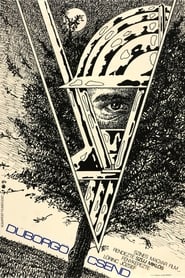 An oil driller falls for the...
An oil driller falls for the...Rumbling Silence 1978
An oil driller falls for the lonely farm wife of a man working in Budapest.
 March 15 1848 the revolution breaks out in...
March 15 1848 the revolution breaks out in...The Sea has Risen 1953
March 15, 1848; the revolution breaks out in the town of Pest. Yet at café Pilvax, in among he revolutionary youth, there is the informer of the imperial court as well. Hearing the news of the attack led by Jellasics, the inhabitants of the villages pour into the national army, and Hajdú Gyurka also escapes from his landlord. Petőfi is there at the camp of the revolutionaries, raising them to enthusiasm with his poetry.
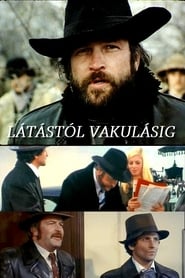
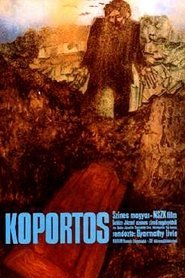 Balog Mihly the Gypsy man from...
Balog Mihly the Gypsy man from...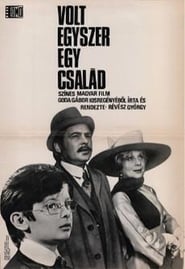 This film describes the narrators childhood...
This film describes the narrators childhood...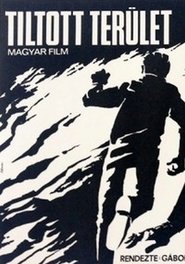 The dramatically dense film takes place...
The dramatically dense film takes place...